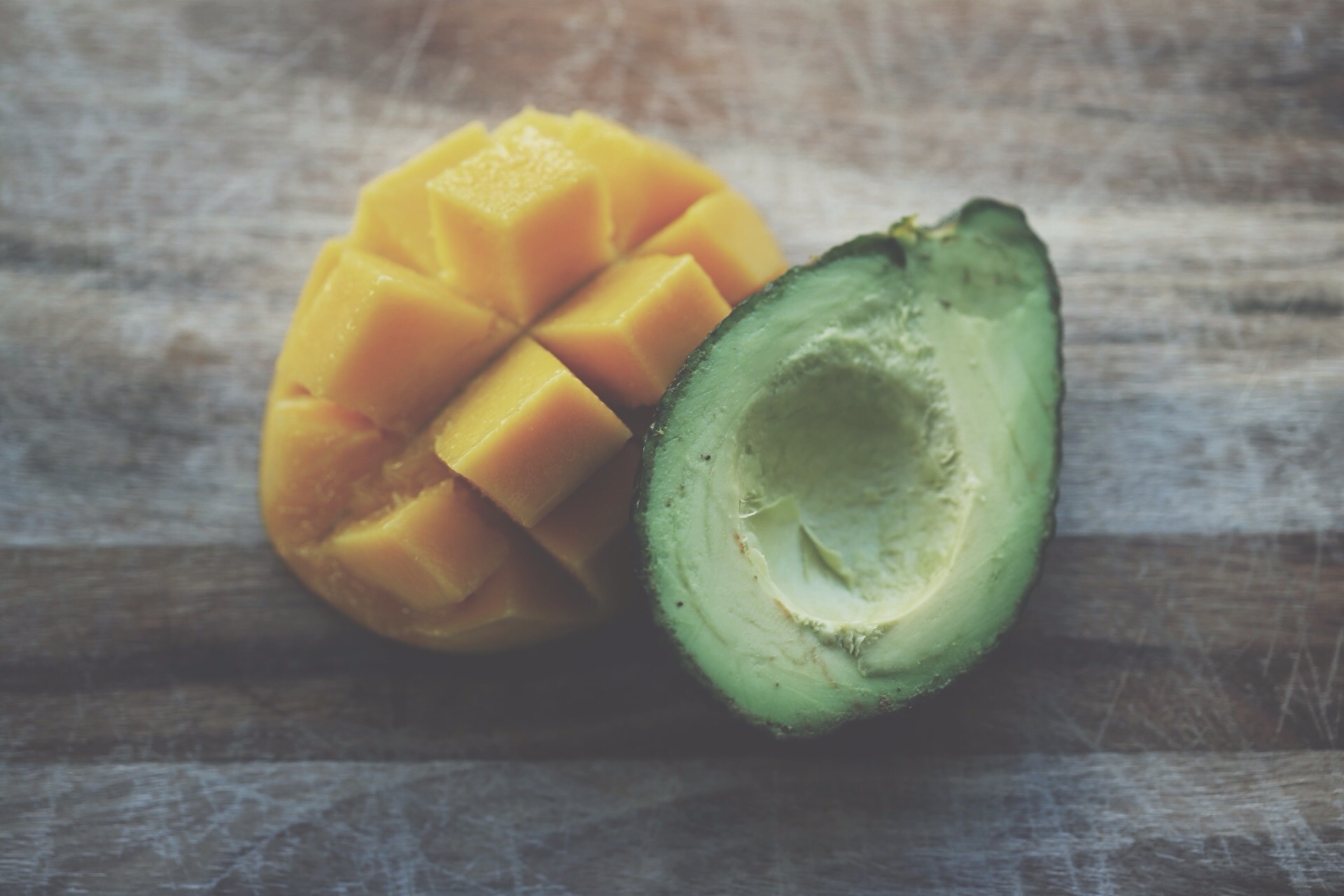Explain Good vs. Bad Carbs

Carbohydrates are good for us because they give our bodies energy. Diets such as South Beach and Atkins have brought the idea of carb consumption to our vocabulary and generally bring a connotation that carbs are bad for us and something that will cause us to gain weight. But not all carbs are the same and vary greatly in how they affect your health. Because some carbs are promoted as being healthy and lower the risk of chronic diseases and others are said to bring weight gain and poor health we need to educate ourselves on what is a good vs. a bad carb.
Carbs that are full of fiber get absorbed slowly into your system and do not lead to a blood sugar spike. Whole grains, vegetables, some fruits, and beans are carbs that are part of a well-balanced diet. While refined carbs that are refined and processed strip away the fiber our bodies need, such as white bread, sugar, and rice.
Good Carbs
Fruits and vegetables provide quality carbs loaded with fiber. Studies have shown that an increase in fiber lowers the risk of heart disease. Fiber is also known to promote weight control and may also help in the prevention of colon cancer. It is recommended that women under the age of 50 consume 25 grams of fiber a day while those over 50 should consume 21 grams.
Fiber is the part of plant-based foods that humans cannot digest. It does great things for our health such as prevent rise and fall in blood sugar levels which reduces your chance for type 2 diabetes. Some fiber found in beans, oats and some fruits lower cholesterol and it helps you feel full.
Bad Carbs
The problem is that our typical diets do not contain a high amount of fiber. A general rule of thumb is the more refined (or whiter) the food is, the lower the fiber.
Women have a lot going on and are running from one activity or task to another. “White” grain is a staple in the standard American diet. Many grab a quick muffin or bagel, made of white flour to go with our coffee in the morning. For lunch, they have a hamburger with a white bun and cook some easy one- minute white rice as a side with dinner.
This change from eating more good carbs than bad will take a little effort but here are some tips to begin:
Eat plenty of fruits and vegetables,
5 servings a day will typically gain you 10 or more
grams of fiber. As a rule, consume three times the vegetables as you do fruit.
Include beans in your diet,
a ½ cup of cooked beans will add 4-8 grams of fiber.
When eating grains choose whole (brown)grains.
Sugar is a BAD Carb
With an average of 20 teaspoons of added sugar a day, American women eat more sugar than ever before. Most women do not realize how much added sugar is in their diet. Because we have been improperly taught that fat-free and low-fat diets are best for us we are eating more of those products, you may not know is that sugar is often substituted for the fat, so you are eating a lot more sugar than you think. Sugar translates to carbs so on the nutrition label you can check the “Total Carbohydrate” to see the breakdown of how many sugars are in the product from natural and processed sugar.
So how many carbs should you eat?
Dietary guidelines suggest we get about half our calories from carbohydrates but some claim that carbs cause type 2 diabetes and obesity so most women should avoid them. This is an area that depends on you individually. This is your individual journey to better health. Some people do better with a lower carb intake, while others can feel fine eating carbs.
Most carbs are broken down into glucose that is used with energy, but carbs can also be turned to fat and stored for later use. Most women do not want to have stored energy. We are able to eat every few hours to replace the energy we are exerting so that stored energy stays…..stored.
Many studies have shown that low-carb diets are a lot more effective than most low-fat diets. Low carb diets have shown more weight loss and greater improvement in HDL (good) cholesterol, blood sugar and pressure. Remember that low-carb diets are helpful for weight loss but they are not the answer for every woman.
Remember
Not all carbs are equal. Unprocessed carbohydrates are very healthy while refined carbs are associated with metabolic disease and obesity. Low carb is great for some, but there are no one-size-fits-all nutrition solutions. There are a number of factors such as physical activity, age, and metabolic health to name a few. If you would like additional help getting started we would be happy to assist you on your personal journey to better health.
Next part in series: Different Types of Fats and Oils






